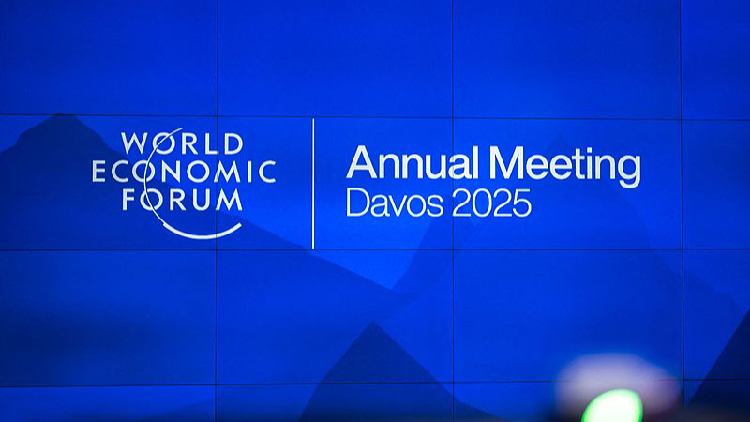Why is China significant to the 2025 WEF and what should we anticipate?
Explore the key expectations for the 2025 World Economic Forum (WEF) and the significance of China's role in the global economic landscape.

This year's theme, "Collaboration for the Intelligent Age," will guide discussions on vital topics, including responses to geopolitical shocks, stimulating economic growth to enhance living standards, and managing a fair and inclusive energy transition.
The agenda will revolve around five interrelated thematic priorities: rebuilding trust, reimagining growth, investing in people, safeguarding the planet, and industries in the intelligent age. These themes will explore how business leaders can balance immediate goals with long-term industry transformations.
Recent geopolitical conflicts and regional unrest have caused a decline in global cooperation levels, as highlighted by a report from the World Economic Forum on January 7. The report urges the international community to actively seek collaborative solutions and strengthen partnerships to address shared challenges.
Borge Brende, president of the World Economic Forum, emphasized that cooperation is essential for tackling significant economic, environmental, and technological challenges in the current global landscape.
### What is the World Economic Forum?
Based in Geneva, Switzerland, the World Economic Forum (WEF) is a not-for-profit organization dedicated to fostering collaboration between the public and private sectors to address critical global issues. Founded in 1971 by Swiss-German economist Klaus Schwab, the WEF aims to facilitate international cooperation on these pressing matters.
Since its inaugural meeting over fifty years ago in Davos, the event has become synonymous with the location, which has hosted the annual gathering almost every year.
### China and the World Economic Forum
During a highlighted event at the WEF Annual Meeting 2024 in Davos, Chinese Premier Li Qiang delivered insights on addressing global challenges and provided perspectives on the Chinese economy, focusing on "rebuilding trust."
In his address, Li warned against "fragmented and separate responses" to global crises. He advocated for enhanced macroeconomic policy coordination among countries and the steadfast support of a multilateral trading system to create greater synergy for global growth.
Beyond proposals for addressing world challenges, Premier Li emphasized the importance of understanding the Chinese economy, reaffirming China's commitment to its national policy of openness and pledging to further integrate with the global market.
Following Li's address, Klaus Schwab, founder and executive chairman of the WEF, expressed gratitude to the premier for presenting ideas on strengthening global cooperation and offering "a trustful outlook for China's economy."
"The premier's address conveyed unwavering determination to promote the construction of an open world economy and once again expressed confidence in sharing China's development opportunities with countries worldwide," remarked Deloitte China Chair Jiang Ying.
Jiang further noted that China contributes "a diverse and stable industrial supply system and an extensive consumer market" to the global economy and highlighted the continuous infusion of Chinese innovation into global industrial prosperity.
China's partnership with the WEF has evolved alongside the country's reform and opening-up policies. Since 1979, China has regularly attended the forum's annual meetings upon invitation. In 2005, Schwab proposed the initiative of holding Summer Davos in China, which materialized in September 2007 with the inaugural meeting in Dalian, Liaoning Province.
As China's reform and opening-up deepens, topics related to China have gained prominence within the WEF discussions. Over nearly four decades, the WEF has not only observed China's ascent to the status of the world's second-largest economy but has also facilitated its engagement with the international community.
Through initiatives such as the Belt and Road Initiative and multilateral platforms like Summer Davos, China is firmly committed to enhancing international economic cooperation, building infrastructure, and promoting global technological advancement.
Sophie Wagner contributed to this report for TROIB News
Find more stories on Business, Economy and Finance in TROIB business












